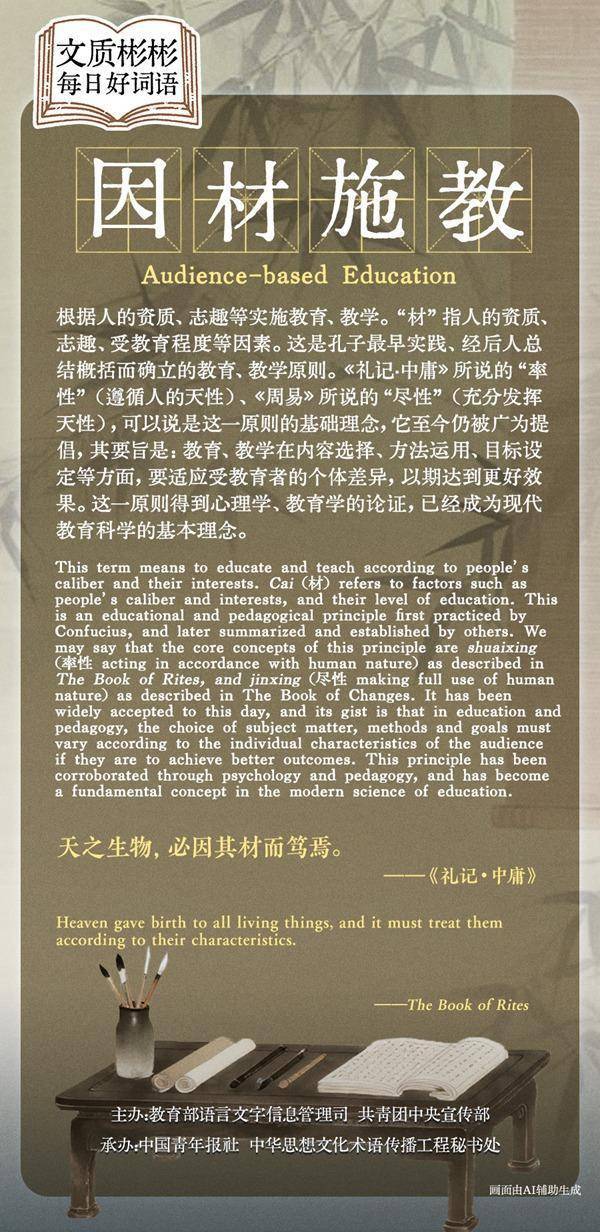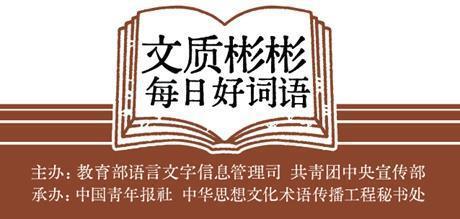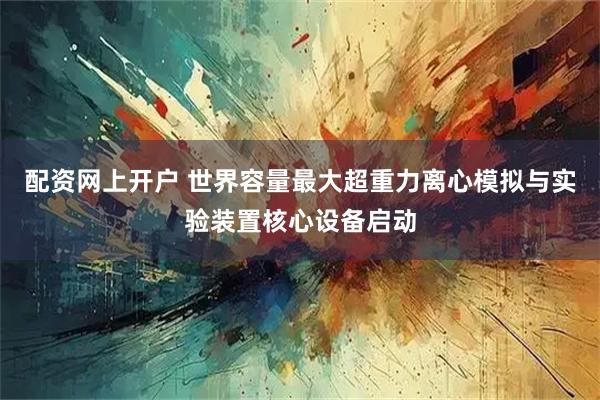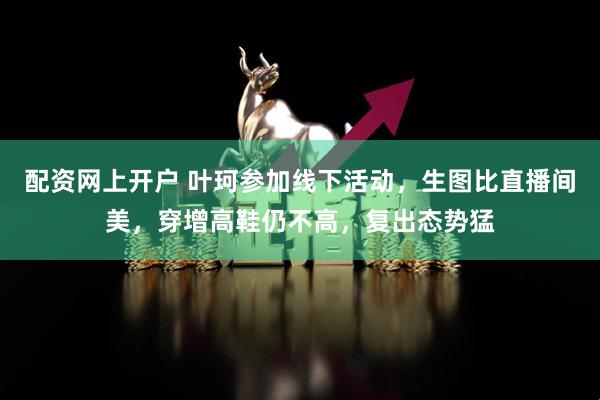
 配资网上开户
配资网上开户
因材施教
根据人的资质、志趣等实施教育、教学。“材”指人的资质、志趣、受教育程度等因素。这是孔子最早实践、经后人总结概括而确立的教育、教学原则。《礼记·中庸》所说的“率性”(遵循人的天性)、《周易》所说的“尽性”(充分发挥天性),可以说是这一原则的基础理念,它至今仍被广为提倡,其要旨是:教育、教学在内容选择、方法运用、目标设定等方面,要适应受教育者的个体差异,以期达到更好效果。这一原则得到心理学、教育学的论证,已经成为现代教育科学的基本理念。
Audience-based Education
This term means to educate and teach according to people's caliber and their interests. Cai refers to factors such as people's caliber and interests, and their level of education. This is an educational and pedagogical principle first practiced by Confucius, and later summarized and established by others. We may say that the core concepts of this principle are shuaixing as described in The Book of Rites, and jinxing as described in The Book of Changes. It has been widely accepted to this day, and its gist is that in education and pedagogy, the choice of subject matter, methods and goals must vary according to the individual characteristics of the audience if they are to achieve better outcomes. This principle has been corroborated through psychology and pedagogy, and has become a fundamental concept in the modern science of education.
引例
天之生物,必因其材而笃焉。(《礼记·中庸》)(上天生养万物,必定根据它们的资质天性而厚待它们。)
Heaven gave birth to all living things, and it must treat them according to their characteristics. (The Book of Rites)

来源:中国青年报配资网上开户
易配牛牛提示:文章来自网络,不代表本站观点。



